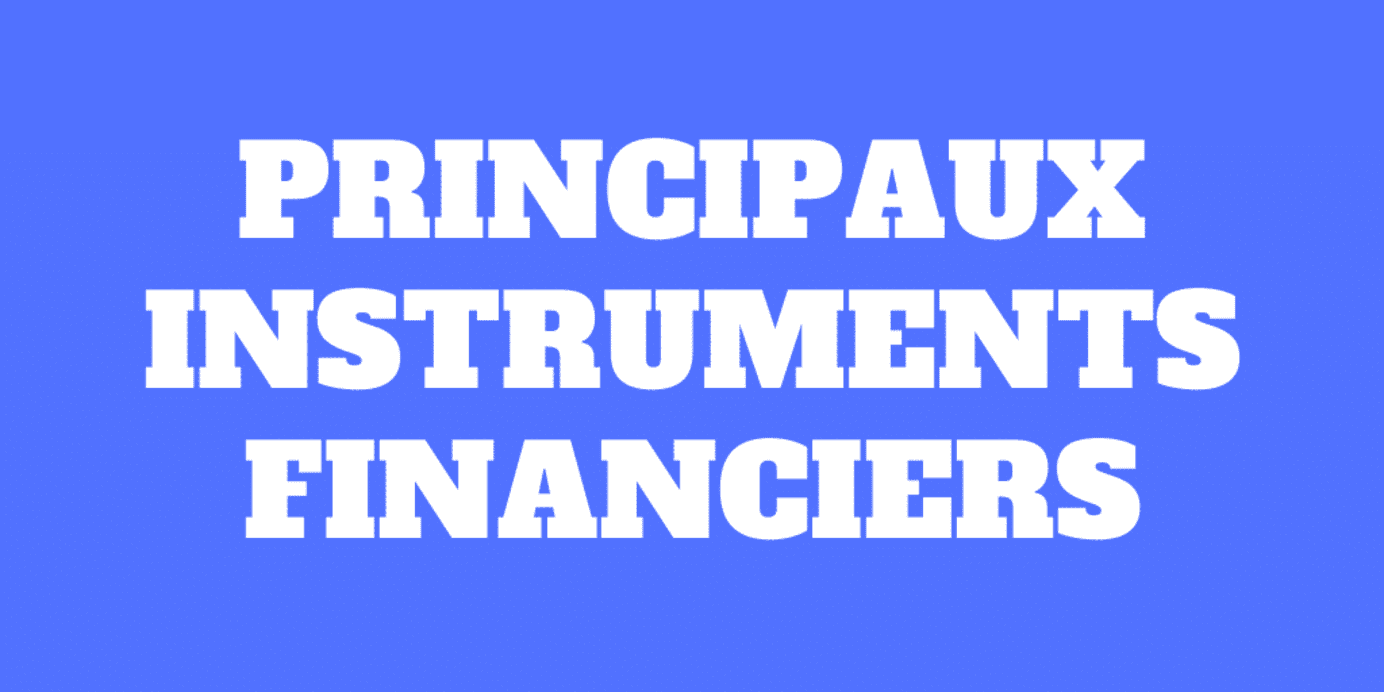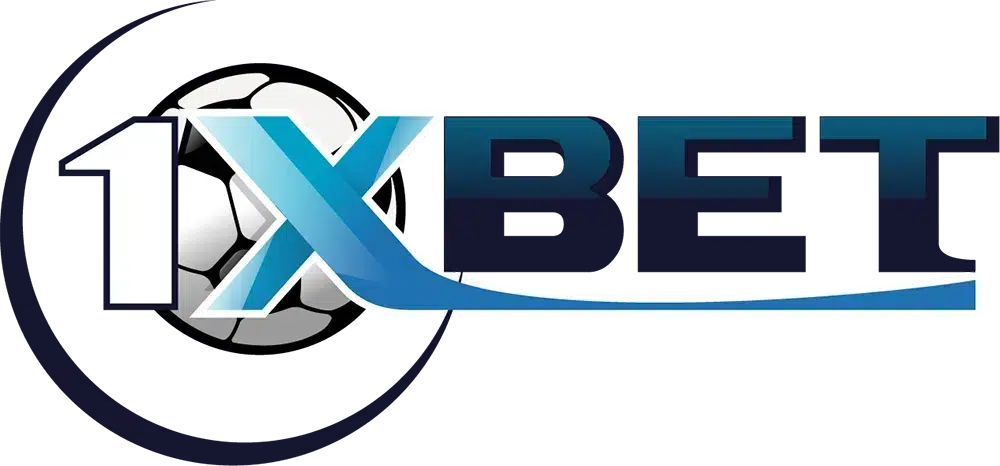All about financial instruments

Financial instruments are defined as a contract between individuals/parties which holds monetary value. They can be created, negotiated, settled or modified according to the requirements of the parties involved. Simply put, any asset that holds capital and can be traded on the financial market is called a financial instrument. Some examples of financial instruments are the checks, stocks, bonds, futures and options contracts.
Financial instruments are assets that can be negotiated, or they can also be considered as bundles of capital that can be traded.
Most types of financial instruments ensure efficient flow and transfer of capital across investors around the world. These assets can be cash, a contractual right to deliver or receive cash or another type of financial instrument, or proof of ownership of an entity.

Get 200% Bonus after your first deposit. Use this promo code: argent2035
In this article, the team of Finance de Demain has made a commitment to tell you everything you need to know about financial instruments. But first, here is a protocol that allows you to build your First business on the internet.
Let's go
???? What is a financial instrument?
A financial instrument refers to any type of asset that can be traded by investors, whether it is a tangible entity like property or a debt contract.
Financial instruments can also involve pools of capital used in the investment, rather than a single asset. What types of assets qualify as financial instruments? It can be anything from cash to stocks.
Financial instruments can be real documents or virtual agreements, representing ownership of something of monetary value. There are a few different categories to consider.
- Equity-based financial instruments: the agreement represents beneficial ownership of the asset
- Debt-backed Financial Instruments: the contract represents a loan made by the investor to the owner of the asset
- Foreign exchange financial instruments: the agreement relates to Forex currency exchange rates
Example of financial instrument
XYZ Limited is a banking company that issues financial instruments such as loans, bonds, mortgages, stocks and asset-backed securities to its clients.
These can act as a financial asset for the said banking company but for the customers, it is just financial debts which must be duly paid by them on time.
Article to read: What is the difference between a spot market and a futures market?
On the other hand, the amount deposited by the customers in the bank acts as a financial asset for the customers who deposit the same while a financial liability for a banking company.
???? Types of financial instruments
Financial instruments can be mainly classified into two types: derivative instruments, cash instruments or foreign exchange instruments.
1. Derivatives
Derivatives can be defined as instruments whose characteristics and value can be derived from its underlying entities such as interest rates, indices or assets, among others. The value of these instruments can be obtained from the performance of the underlying component.
Derivatives are financial instruments whose value is determined from underlying assets, such as resources, currencies, bonds, stocks and market indices.
The five most common examples of derivative instruments are synthetic agreements, futures, futures, options, and swaps. This point is discussed in more detail below.
Synthetic Foreign Exchange Agreement (SAFE): A SAFE occurs in the over-the-counter (OTC) market and is an agreement that guarantees a specified exchange rate for an agreed period of time.
Forward : A forward is a contract between two parties that involves customizable derivatives in which the exchange occurs at the end of the contract at a specific price.
Future : A future or futures market is a derivative transaction that provides for the exchange of derivatives on a specified future date at a predetermined exchange rate.
Options: An option is an agreement between two parties in which the seller grants the buyer the right to buy or sell a number of derivative products at a predetermined price for a specified period of time.
Article to read: What to know about stock market indices?
Interest rate swap: An interest rate swap is a derivative agreement between two parties that involves the exchange of interest rates where each party agrees to pay other interest rates on its loans in different currencies. You can learn about currency swaps here.
2. Cash instruments
Treasury instruments are financial instruments whose value is directly influenced by the state of the markets. They are defined as instruments that can be easily transferred and evaluated on the market. Within treasury instruments, there are two types: securities and deposits, and loans.
A title is a financial instrument that has a monetary value and is traded on an exchange. When purchased or traded, a security represents ownership of a portion of a publicly traded company.
deposits and loans are both considered cash instruments because they represent monetary assets that are subject to some sort of contractual agreement between the parties.
3. Foreign Exchange Instruments
Foreign exchange instruments are financial instruments that are represented on the foreign market and consist mainly of foreign exchange contracts and derivatives. In terms of exchange agreements, they can be divided into three categories.
Article to read: The best stock markets in the world

Get 200% Bonus after your first deposit. Use this official Promo code: argent2035
Spot: A foreign exchange agreement in which the actual exchange of the currency is no later than the second business day after the original date of the agreement. It is called “spot” because the change is done “ on the spot » (limited time limit).
Outright Forwards: A foreign exchange agreement in which the actual exchange of currencies is carried out “ futures » and before the actual date of the agreed requirement. It is advantageous in case of fluctuations in exchange rates which change often.
Currency swap: A currency swap refers to the act of simultaneously buying and selling currencies with different specified value dates.
Asset classes of financial instruments
Beyond the types of financial instruments listed above, financial instruments can also be categorized into two asset classes. The two asset classes of financial instruments are debt-based financial instruments and equity-based financial instruments.
1. Debt-based financial instruments
Debt-based financial instruments are classified as mechanisms that an entity can use to increase the amount of capital in a business. Examples include bonds, debentures, mortgages, US treasury bills, credit cards and lines of credit (LOC).
They are an essential element of the business environment, as they allow companies to increase their profitability through the growth of their capital.
2. Equity-based Financial Instruments
Equity-based financial instruments are classified as mechanisms that serve as legal ownership of an entity.
They help companies grow their capital over a longer period of time compared to debts, but they benefit from the fact that the owner is not responsible for the repayment of any kind of debt.
A company that holds an equity-based financial instrument can choose to invest more in the instrument or sell it whenever it deems necessary.
???? How to choose the right financial instruments?
As you can see, there are many types and examples of financial instruments. How can you choose the best solution for your investment needs? Here are some tips to remember that the team of Finance de Demain identified.
1. Set realistic financial goals
Financial instruments can put you on the right path to achieving your investment goals, but you need to define them first.
These could be short-term goals like raising capital to fund a new business venture, or a long-term goal like funding an early retirement.
Some instruments are more short-term oriented, while others are long-term investment funds.
2. Analyze your risk profile
We all have different risk profiles, mixing psychological factors like risk tolerance with needs-based risk requirements.
If you have a high appetite for risk, financial instruments involving the stock market might be a better choice than low-risk government bonds with a lower payout.
Naturally, your ability to take a risk must also be taken into account. Small business owners may have limited resources to spare, in which case a long-term managed mutual fund may be the best option.
3. Understand the advantages of each financial instrument
There are advantages and disadvantages to all types of financial instruments. You should compare factors such as objective, risk level, management, and time frame before making a decision.
Naturally, your starting investment level should factor into the equation; never invest what you cannot afford to lose.
It is important to understand how the instrument works, so do your research on mutual funds or Forex trading before investing. Those new to investing may want to stick to non-complex financial instruments like mutual funds.
Finally, seek help from expert money managers when in doubt. Ideally you should have a diversified portfolio containing several types of financial instruments for hedging purposes. An expert will be well placed to help you.
????Benefits of financial instruments
The Financial Instrument has several different advantages:
- Liquid assets like cash and cash equivalents are of great use to businesses as they can be easily used for prompt payments or to meet financial contingencies.
- Stakeholders often feel more secure in an organization that has employed more capital in their cash.
- Financial instruments provide major support for financing tangible assets. This is possible through a transfer of funds from tangible assets in appreciation to tangible assets in deficit.
- Cfinancial instruments spread the risk according to the risk-taking capacity of the counterparties who participated in the realization of an investment in intangible assets.
- Companies that choose to make an investment in real assets generate higher income because they get a diversified portfolio, hedge against inflation, and they can also hedge against uncertainties caused by political reasons.
Financial instruments as equity acts as a permanent source of funds for an organization. In the case of equity shares, the payment of dividends to shareholders is purely optional.
🌿 Disadvantages financial instruments
Various limitations and disadvantages of the Financial Instrument are as follows:
- Liquid assets such as balances in savings accounts and other bank deposits are limited in terms of return on investment or return on investment. This figure is high due to the fact that there are no restrictions for withdrawing deposits to savings accounts and other bank balances.
- Liquid assets such as cash deposits, money market accounts, etc. could prohibit organizations from making a withdrawal for months or sometimes years too or whatever is specified in the agreement.
- If an organization wishes to withdraw the money before the end of the term mentioned in the agreement, then it could be penalized or receive lower returns. High transaction costs are also a concern for organizations that deal or wish to deal with financial instruments.
An organization should not rely too much on debts such as principal and interest as these are expected to be paid accordingly.
Financial instruments, like bonds, yield much less than stocks. Companies can even default on bonds.
Some of the financial instruments like equity are a lifetime burden on the business. Equity acts as a permanent burden in an organization. Equity cannot be repaid even if the organization has a sufficient amount of funds.
However, according to the latest amendments, companies can opt to buy back their own shares for cancellation purposes but this is subject to certain conditions.
???? What should we remember?
- Derivatives like forwards and futures can bring huge benefits for small businesses, but if only these are used correctly. If these are used inappropriately, they can lead to huge losses and the bankruptcy of an organization.
- Organizations must be very cautious when dealing with swaps, as they carry a higher level of risk.
- A good instrument management financials can help businesses reduce material costs and maximize sales and profits.
- They are generally used by people who cannot afford or do not have access to credit facilities and systematic savings.
- The informal financial instruments offer very flexible services depending on the needs of an individual. It can be started and finished a few minutes after application, as all that is needed is a simple receipt or an oral agreement.
???? Conclusion
To conclude, it can be said that financial instruments are nothing but a document that acts as a financial asset for one organization and as a liability for another organization.
These can be in the form of bonds, cash and cash equivalents, bank deposits, stocks, preferred shares, etc. Each type of financial instrument has its own advantages and disadvantages.
Financial instruments must be used appropriately to reap the most benefits. These can be of great importance to businesses looking to minimize their costs and maximize their comp revenue.
Thus, organizations must ensure that they use financial instruments correctly in order to get the most out of them and eliminate the risks of backfire.
If you are a financial advisor, then you can leave us your experience in the comments. But before you leave, here is a complete training on online trading.




















Leave comments